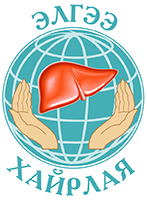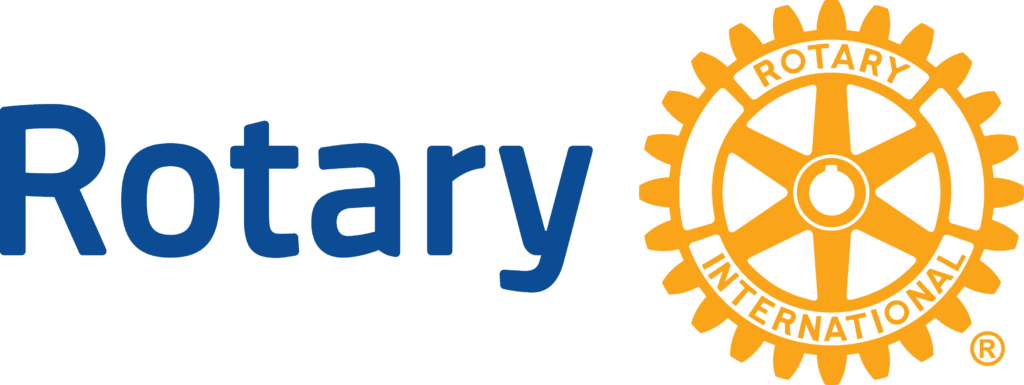Infection Prevention and Control (IPC)
The healthcare environment is one of the leading forms of transmission for infections, including blood-borne viruses such as hepatitis. Poor medical waste management, handling of sharps, and health safety practices are largely attributed to the cause of this transmission. Since 2009, FIRE has conducted health safety training for healthcare workers and distributed medical waste management supplies.
In July 2014 until June 2018, FIRE worked with the Canadian Society for International Health (CSIH) to provide consulting services to the Mongolian Ministry of Health (MoH) for the Asian Development Bank-funded Fifth Health Sector Development Project (FiHSDP), for improving health safety in hospitals across Mongolia.
In future Phases of Hepatitis Firee Mongolia, we will increase infection prevention and control efforts in the clinics with supplies and education for healthcare workers, including unregulated dental clinics. We will also educate community members administering home healthcare, tattoo studios, beauty salons, and other high-risk community businesses.
Quick Facts
- 12 out of 21 provinces in Mongolia served
- 152,532 sharps boxes distributed
- 1,730 healthcare workers trained
- 296 clinics served
- 2,000 healthcare worker training videos distributed
- 2,300 instructional posters were distributed.
To prevent the risk of disease transmission to health care workers, and eventually to the general public, FIRE developed a systematic training program for healthcare workers. In accordance with the National Strategy for Improving Health Care Waste Management in Mongolia, FIRE has supported improvement in medical waste management and health safety practices at every state health care facility in 12 out of 21 provinces. These improvements include training health care workers, providing on-site technical support, and supply distribution. Training materials included instructional videos, posters, pamphlets, and necessary medical waste management supplies including biohazard waste bags, sharp boxes, and medical waste containers. Additional training and technical support is provided as needed.
Specific topics covered include:
- Proper hand hygiene including hand washing and the use of hand sanitizer
- Internationally accepted “universal precautions” to prevent contact with bodily fluid
- Injection safety procedures
- Correct use of medical waste management supplies
- Use of personal protective equipment (PPE)
These supplies include:
- Plastic sharp boxes complete with needle removers
- 30 liter plastic watertight containers for infectious waste
- 60 liter plastic containers for transporting and storing medical waste
- Red and yellow plastic bags for biohazardous, infectious waste
According to the General Agency for Specialized Inspection, 63% of private dental clinics in Mongolia are at moderate to high risk of spreading infection. An estimated 95% of all dental clinics in Mongolia are private and therefore unregulated. There is currently no one addressing the issue of infection at dental clinics, making it a priority.
The main weaknesses regarding infection control are medical workers’ inadequate knowledge, hand hygiene practice, use of single-use medical devices, and insufficient disinfection and sterilization. In addition, poor sterilization of reused medical devices and the use of disinfectants are also weaknesses. Staff shortages compound these factors.
We aim to improve infection prevention and control (IPC) measures in dental clinics to protect patients and staff from transmission of infections such as viral hepatitis.
Objectives
- Conducting knowledge, attitude, and practice study among dental clinicans
- Strengthening infection prevention and control in dental clinics
- Sharing results with the State Inspection Agency and Ministry of Health













